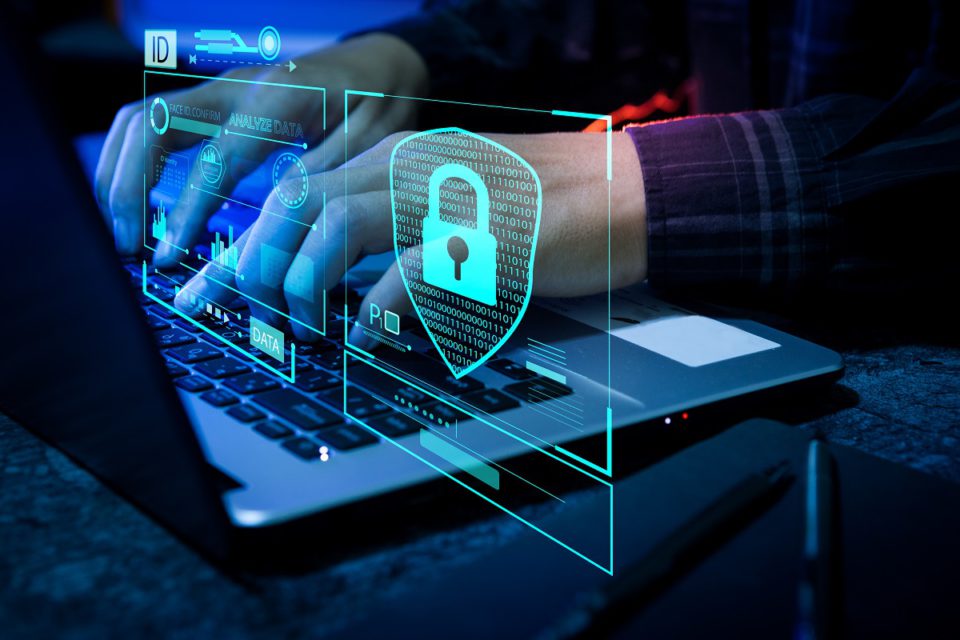With the world changing speedily, different kinds of work options have emerged making many of us self-employed due to powerful technology. Post pandemic, businesses have restructured themselves competently to get in line with the new trend. Consequently, the presence of freelancers with a different type of skill set had become apparent to many small in-house teams.
I must say, freelancing and work contracts have become very popular for enterprises and start-ups as many business owners have realised the benefits behind hiring freelancers around the globe. But then, advantages always come in hand with a few disadvantages as well. Let’s see what critical and/or data security challenges business owners face while hiring freelancers and how you can ensure a better data security system when working with remote freelancers.
Risks faced by enterprises when hiring remote freelancers and third-party contractors
Although third party contractors and freelancers bring a lot of agility to businesses, they come with additional risks as well. It is mainly sensitive information shared by them, such as intellectual property certificates and customer information, that poses great risk. Whether we like or dislike, we have to share important files and grant certain permissions to carry on work with remote freelancers. The sharing of files can be with or without your prior knowledge which means, due to some connectivity with relevant work matters shared by one freelancer to the other. Although most of the time such files are encrypted, a data breach can occur besides violating data protection regulations more often.
Additionally, human errors such as sharing important files accidentally may also compromise your data security management, exposing confidential or proprietary information to third-party contractors. Such mishaps are often the result of individualised computers and servers owned by remote freelancers. Any kind of vulnerability can jeopardise the entire venture’s security due to the availability of malware sites on the internet. Therefore, it becomes important that you protect your business and its data strategically even though you work with remote freelancers or third-party contractors.
Ways that ensure data security when working with remote freelancers
Keep a track of your data processors and controllers
You must remain in compliance with cybersecurity systems and determine critically about who can access your data systems or the level at which other people can have an access. For instance, when hiring an agency that manages employees’ payroll, they must be provided by employee’s bank detail and other critical information. Therefore, securing such information becomes significant for you. One best thing is to determine your remote freelancer like a processor when you hire them. This means, when you hire them, clarify how much access they will have and how their processors will be guided for security reasons. This will make your onboarding procedure more secure along with providing freelancers with the necessary security training.
Sign a formal agreement with freelancers concerning data protection
Once you have selected your team comprising remote freelancers, you must make a formal agreement not just for work-related matters but also regarding data protection and confinement. This would certainly be done before the onboarding process to ensure the security of the data and subject matters as well. The agreement may include rights regarding the level of access a freelancer would have as an employee of the firm.
Arrange data security courses
Freelancing work does not mean that the employee has to be aware of the data security process or an expert in the technical field. In fact, many accountants and business consultants work as freelancers who excel in another field either than data or cybersecurity. Thus, you must mandate data security courses or rather arrange them to ensure all your remote workers are provided with proper training.
Ask freelancers to use safe tools compliant with data protection management
Since we have to provide freelancers with sensitive data like financial data or customers’ bank details, it is recommended that they are prohibited from accessing internal data systems or from downloading unapproved platforms. Even, sharing them must be barred, especially through unsecured methods.
Create strong passwords
Although this might seem insignificant, a weak password can destroy your entire system and even result in hacking and phishing like instances. Furthermore, you need to encourage your remote employees to keep strong passwords in case they need to make changes to secure their own systems.
Never use an unknown Wi-Fi hotspot
As a freelancer, many employees tend to use Wi-Fi connections from public places or shops. If hackers get hold of it, they can easily access your server and hunt your confidential information through it. Therefore, turn off your Wi-Fi and verify if the servers you connect with are secure and connected manually to avoid mishaps. Never send sensitive data over public networks at all.
Employ VPN and firewall
Using a VPN or virtual private network is one of the best ways to ensure high security on wireless servers. VPN enables an encrypted realm for data shared from your device and even masks your system’s IP address. This makes it difficult for hackers to steal data, unlike the public web. Similarly, a firewall act as a barrier against malware. You can download a good firewall from the browser that can add a new layer of protection to your PC’s default software.
Back up all your data and update software
Even though you secure your data efficiently, catastrophic loss of data might jeopardise your venture due to inconveniences and loss of productivity. Even ransomware can attack your system due to loopholes in your employee’s system and result in loss of data. You can only restore your data and streamline your work processes by backing up your data. Likewise, you must also update all your operating system software and programs at regular intervals. Although this may look tiresome, you must not ignore any new update found or else, new threats and weaknesses can ruin your data security system.
